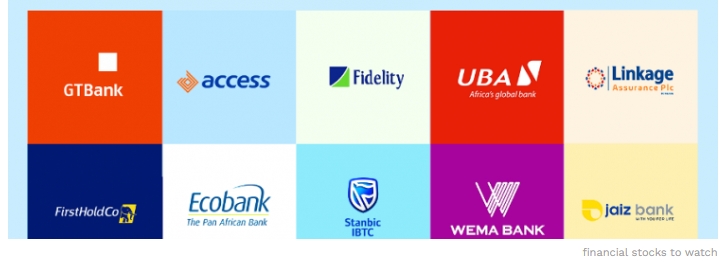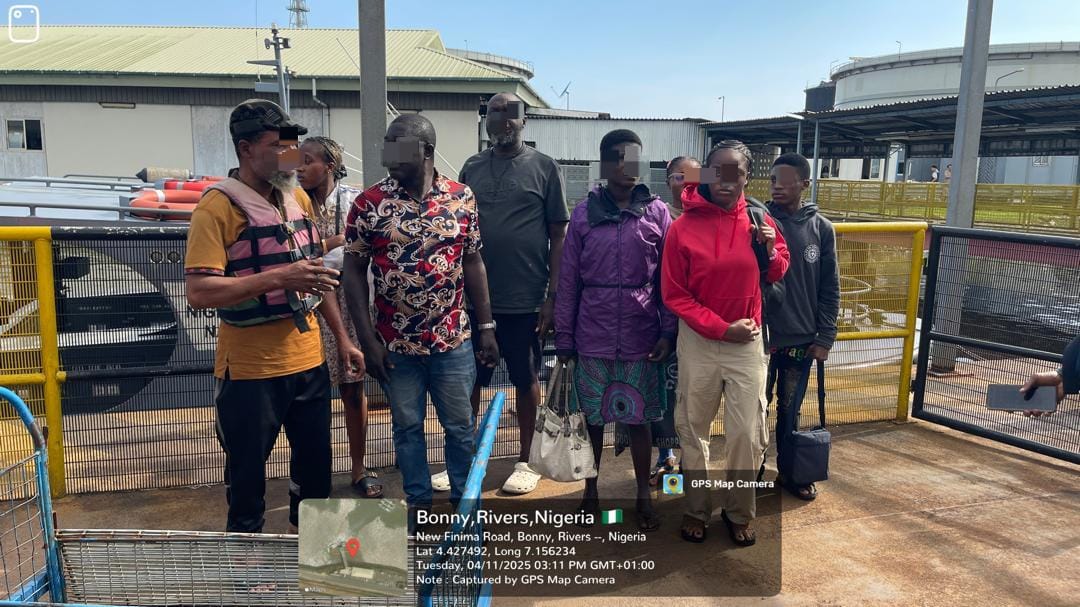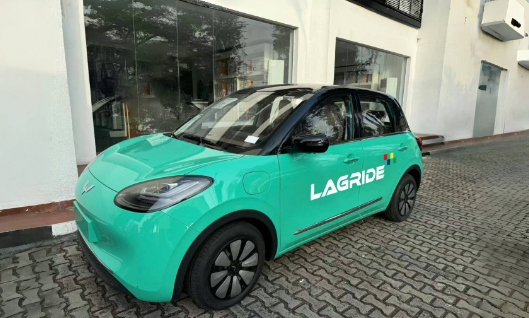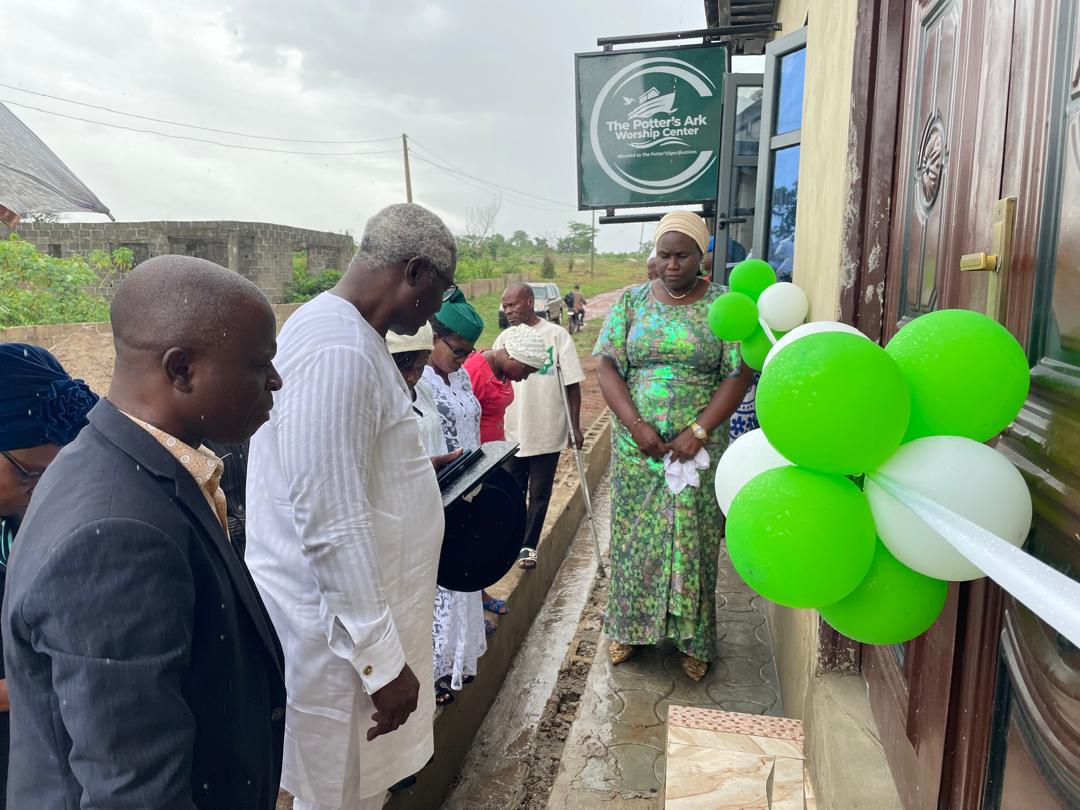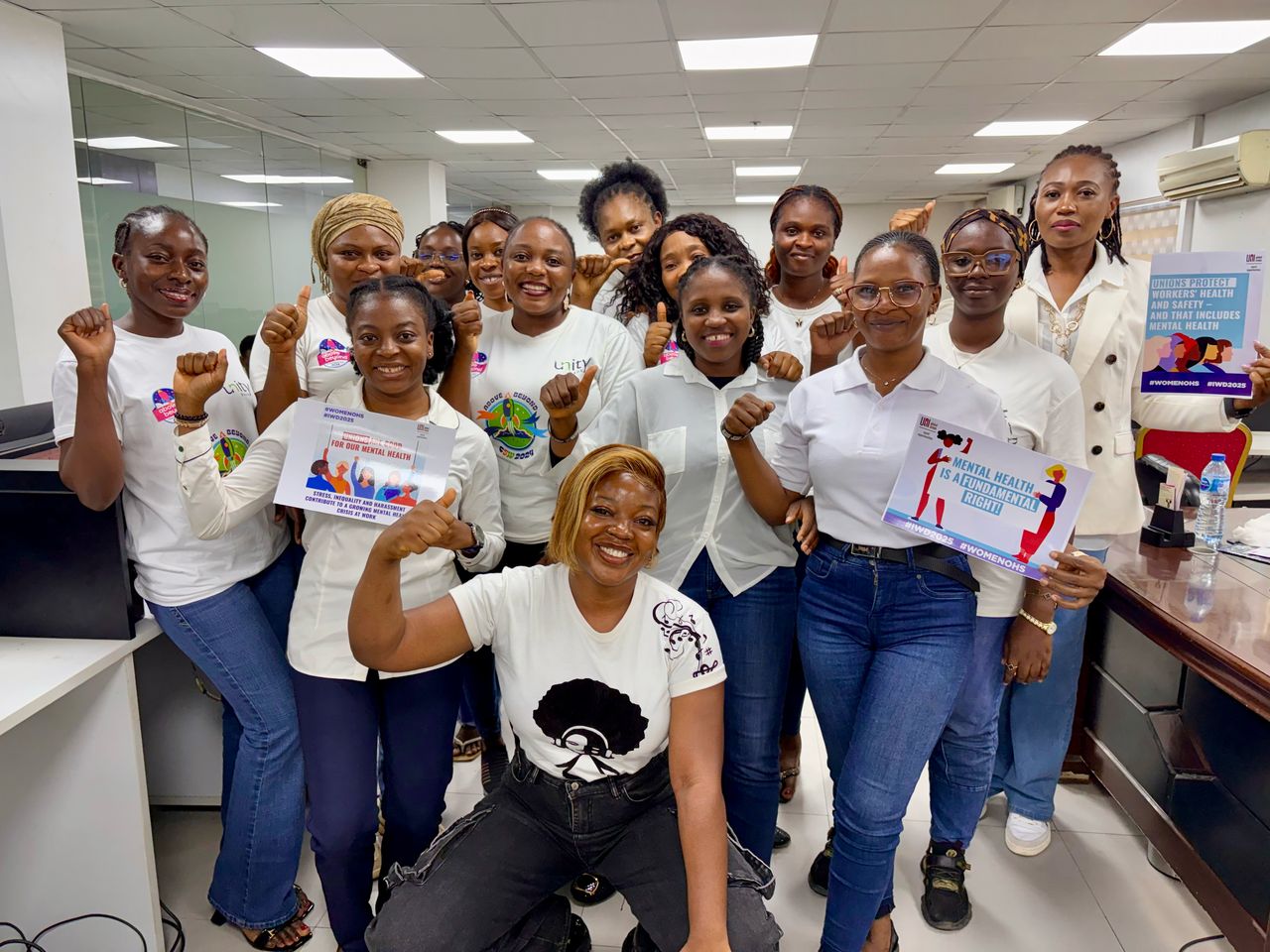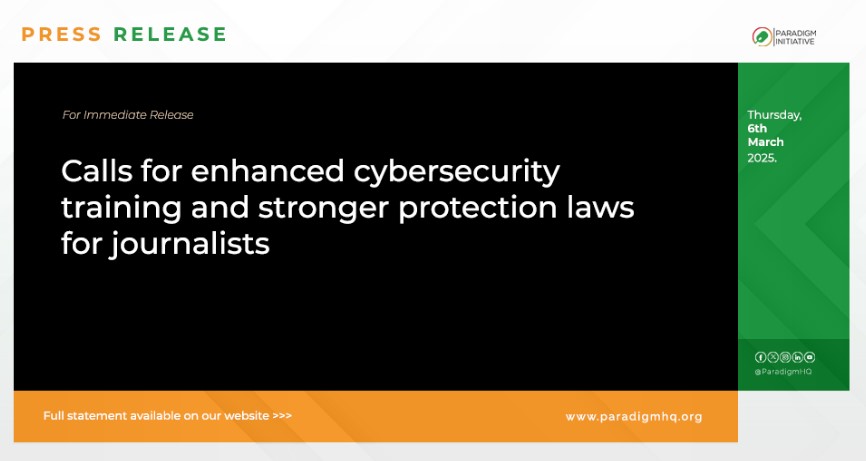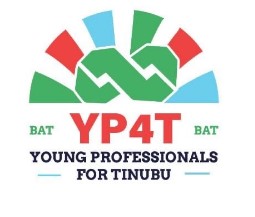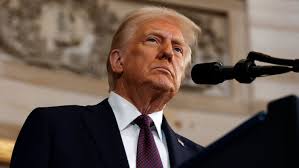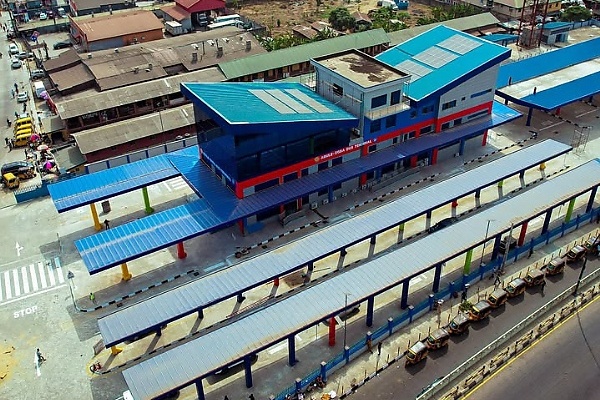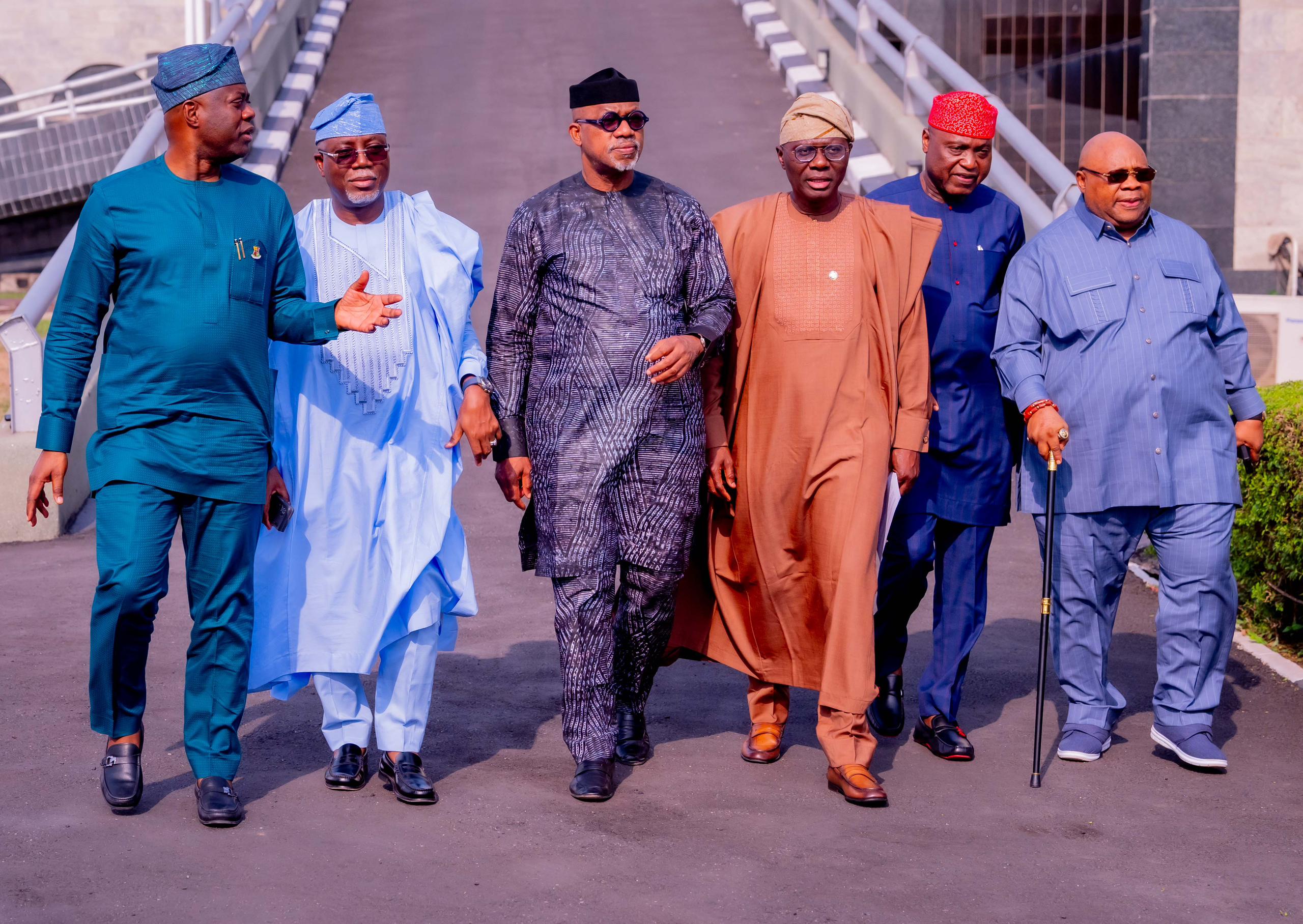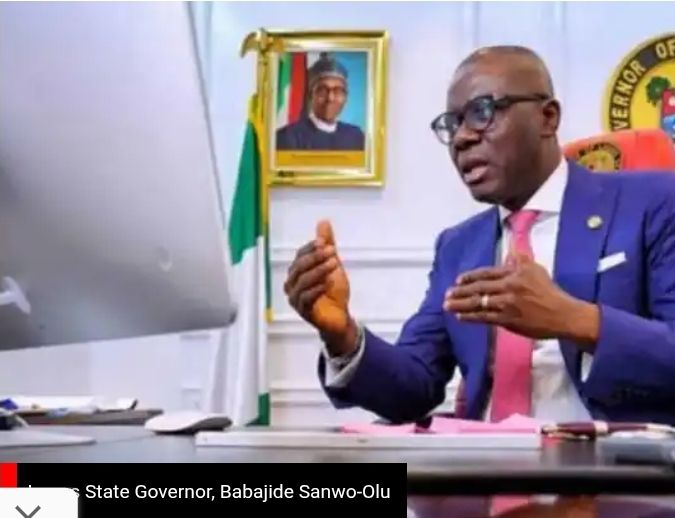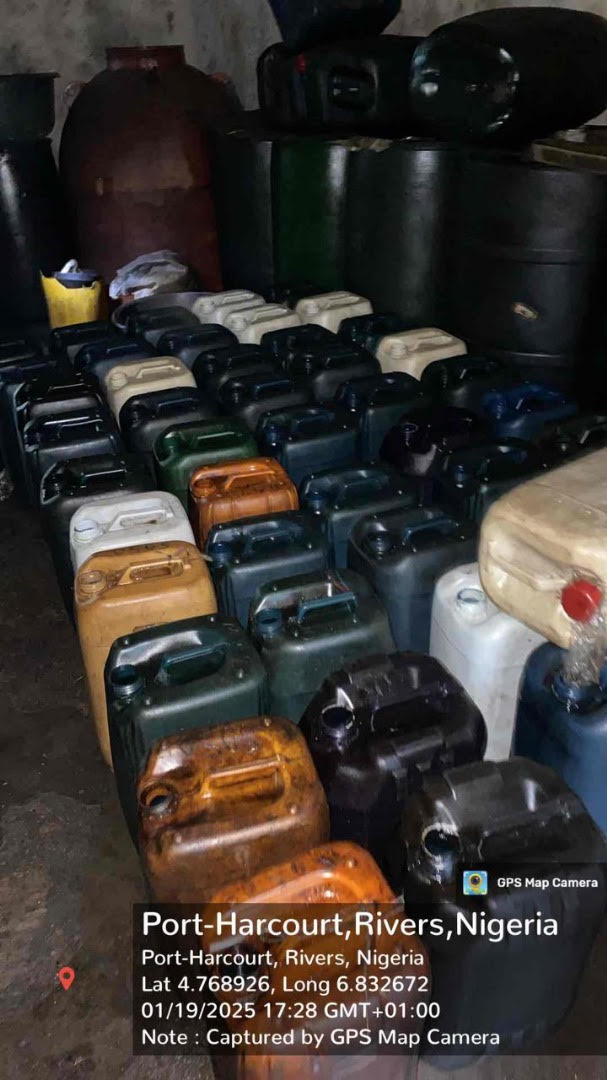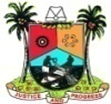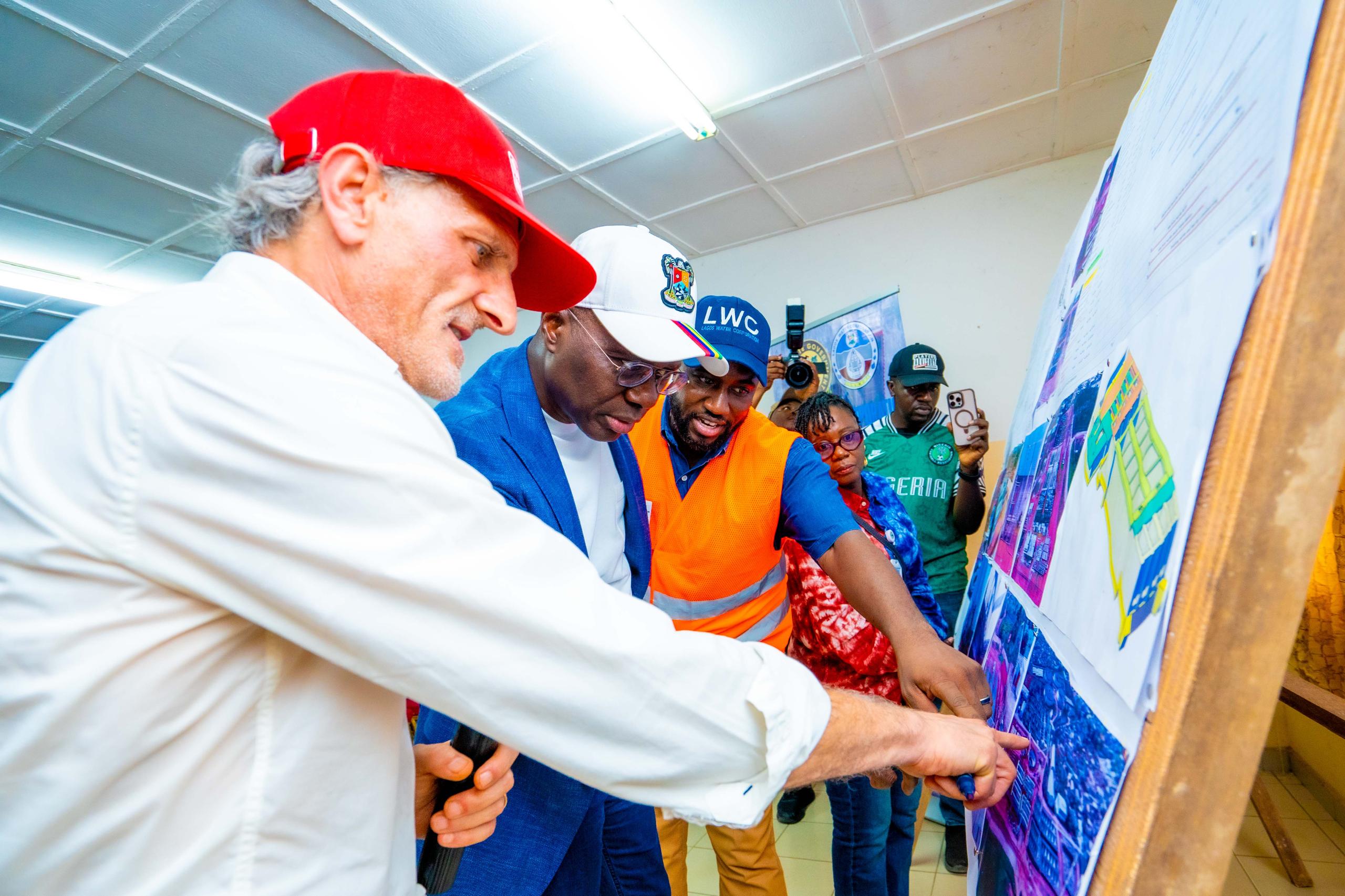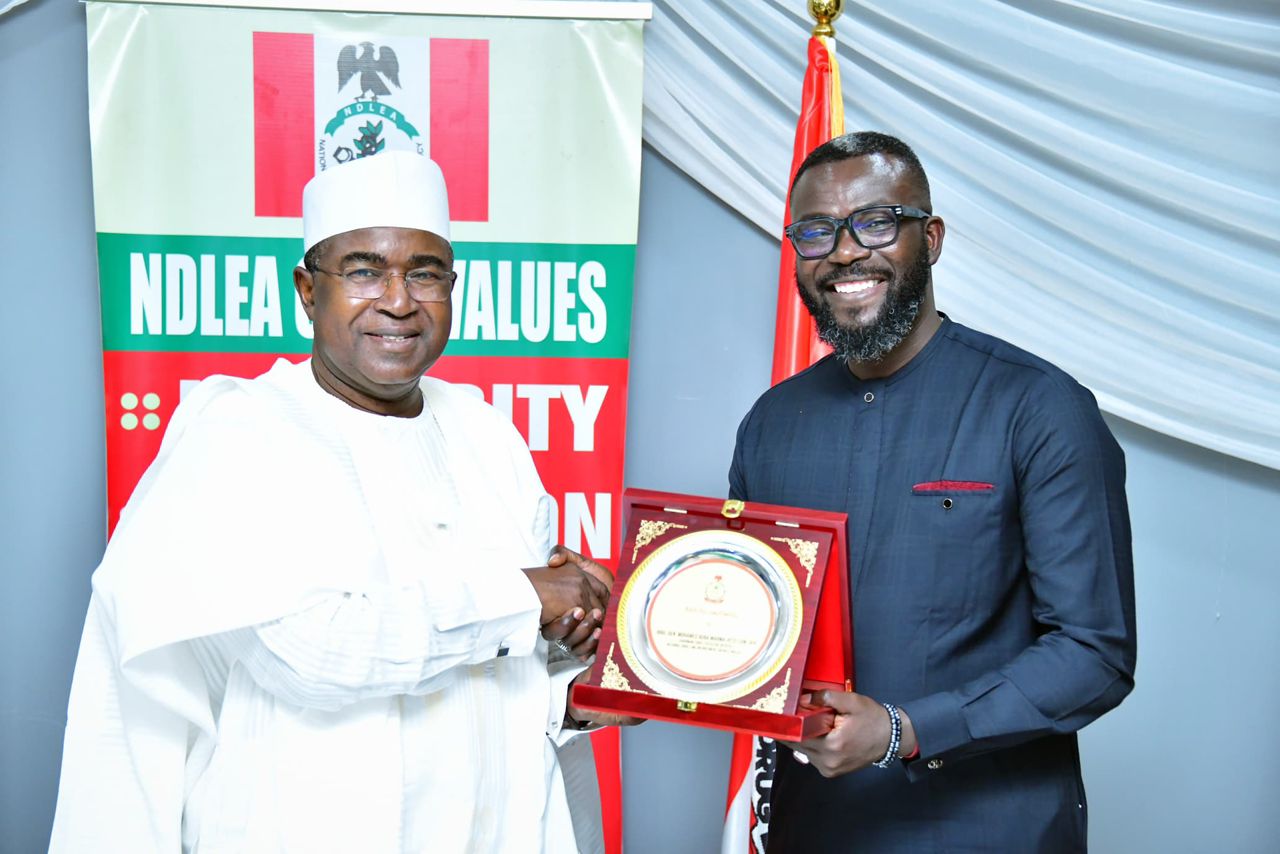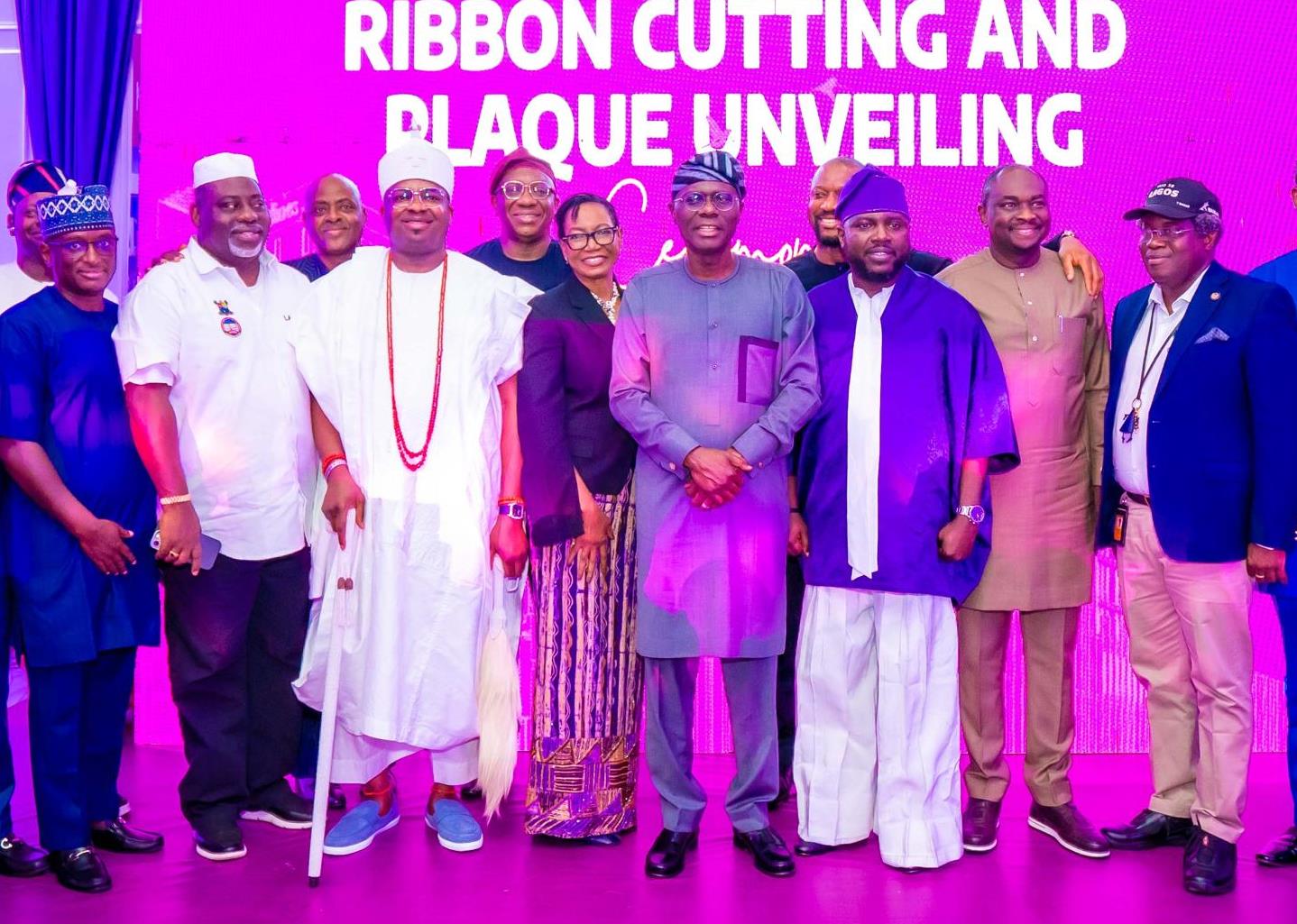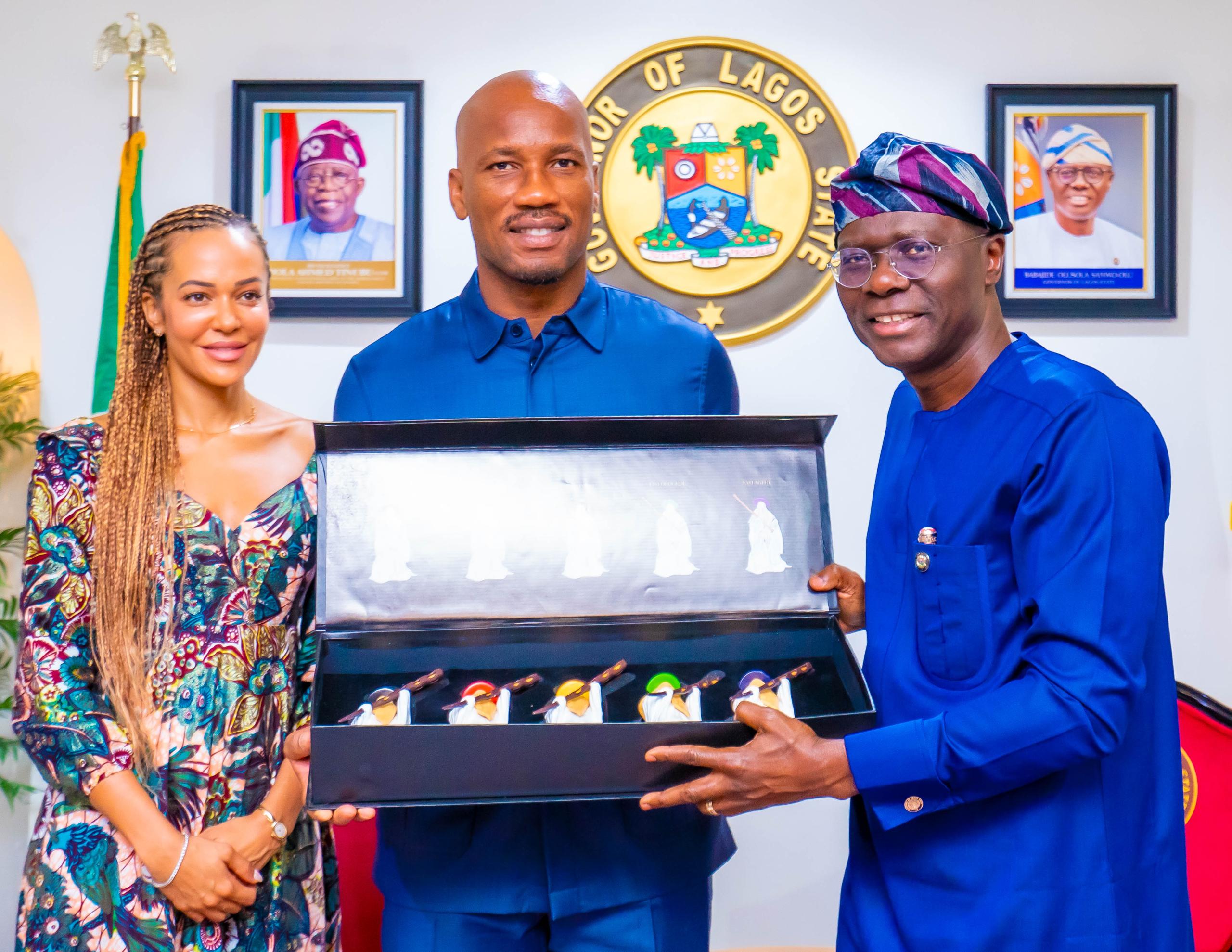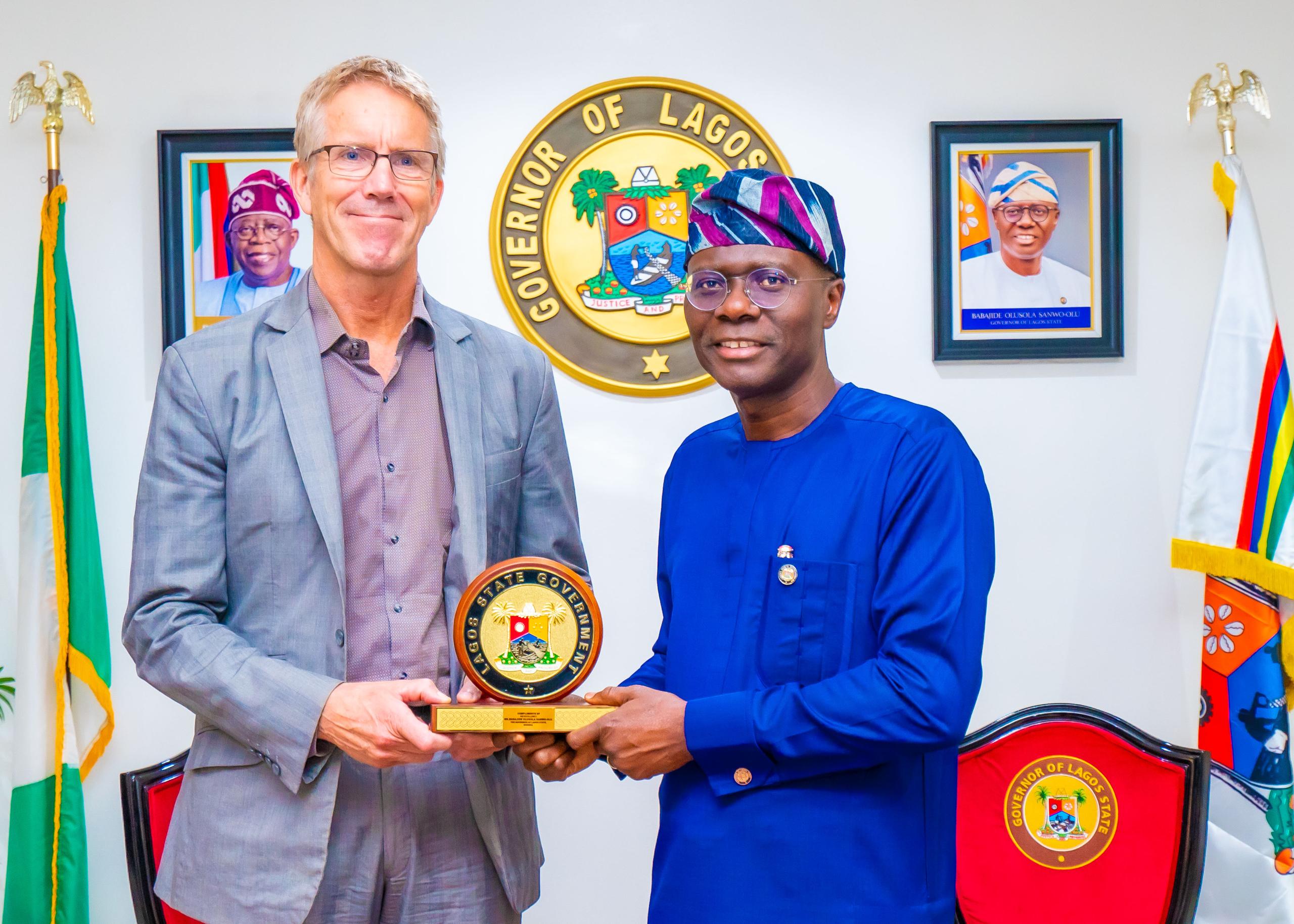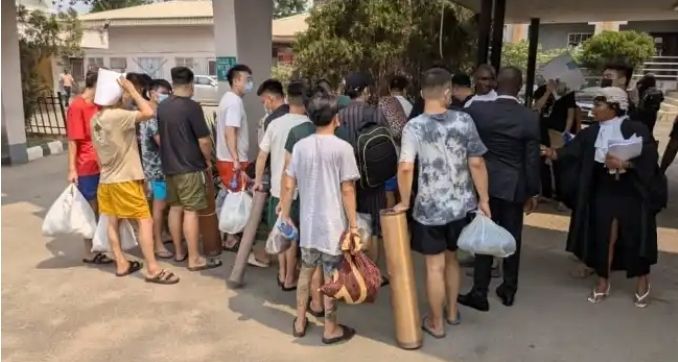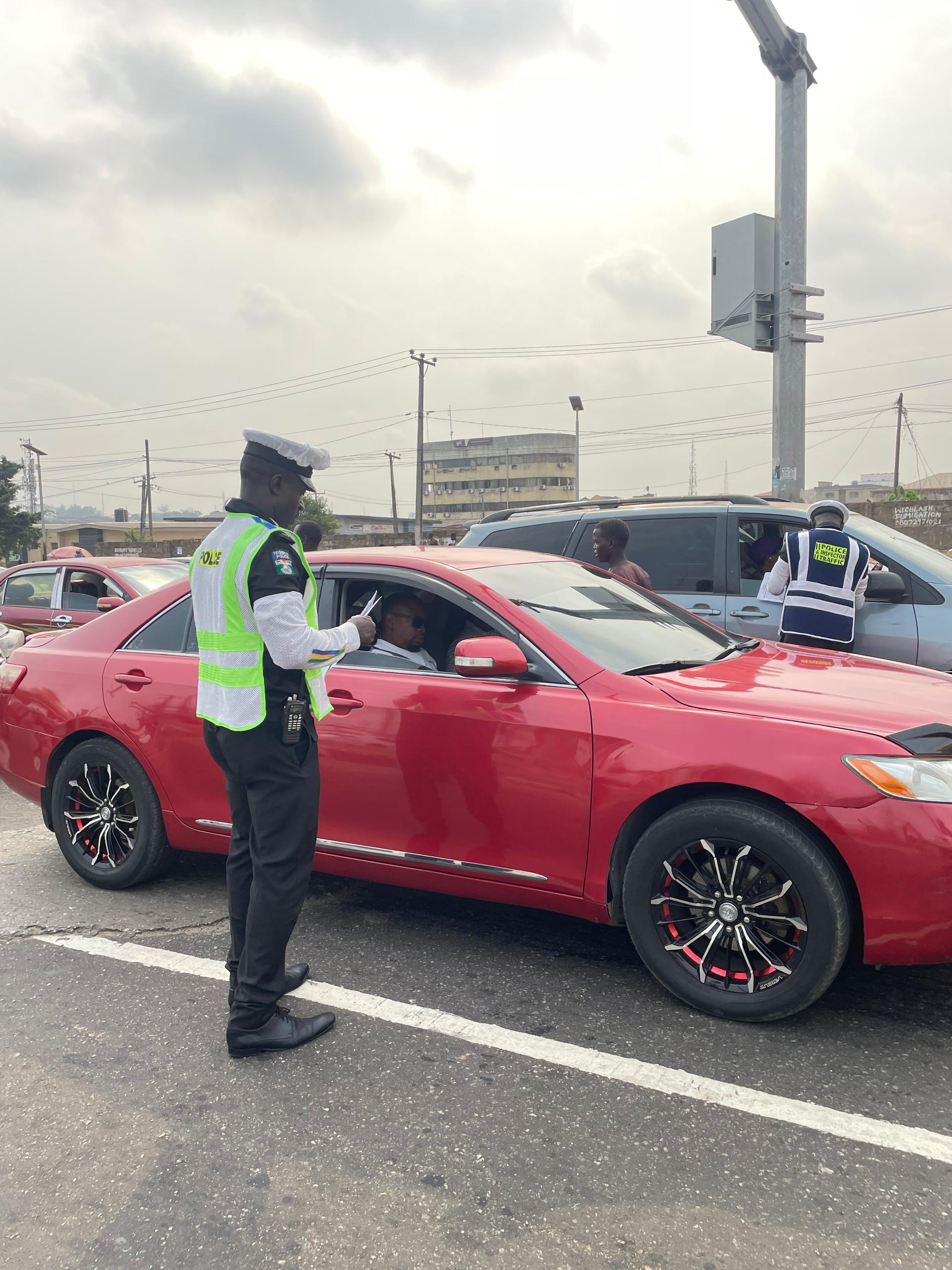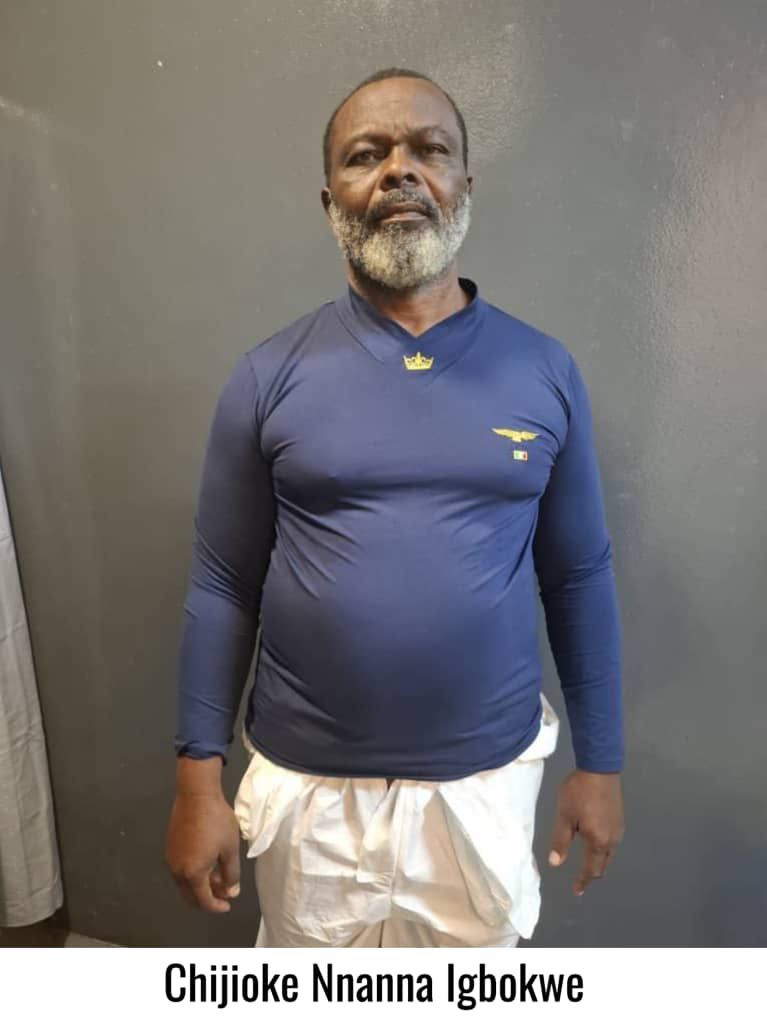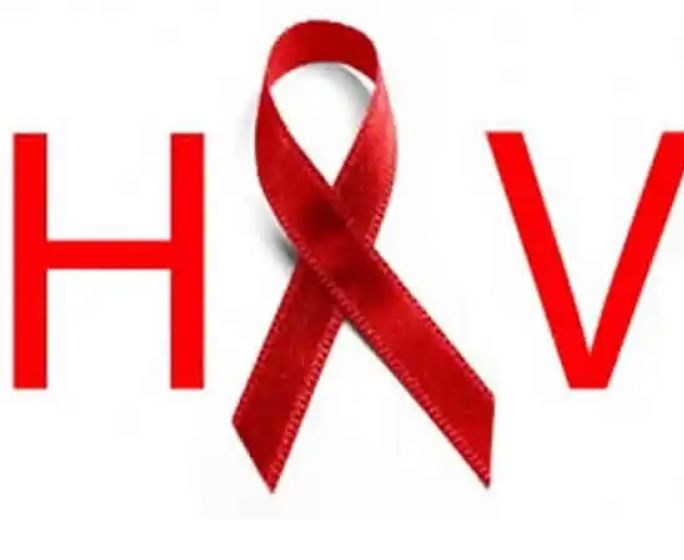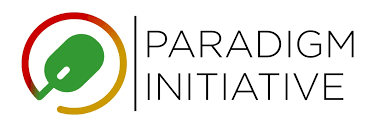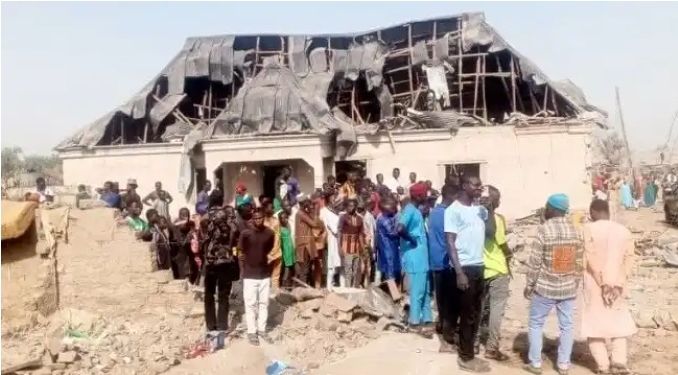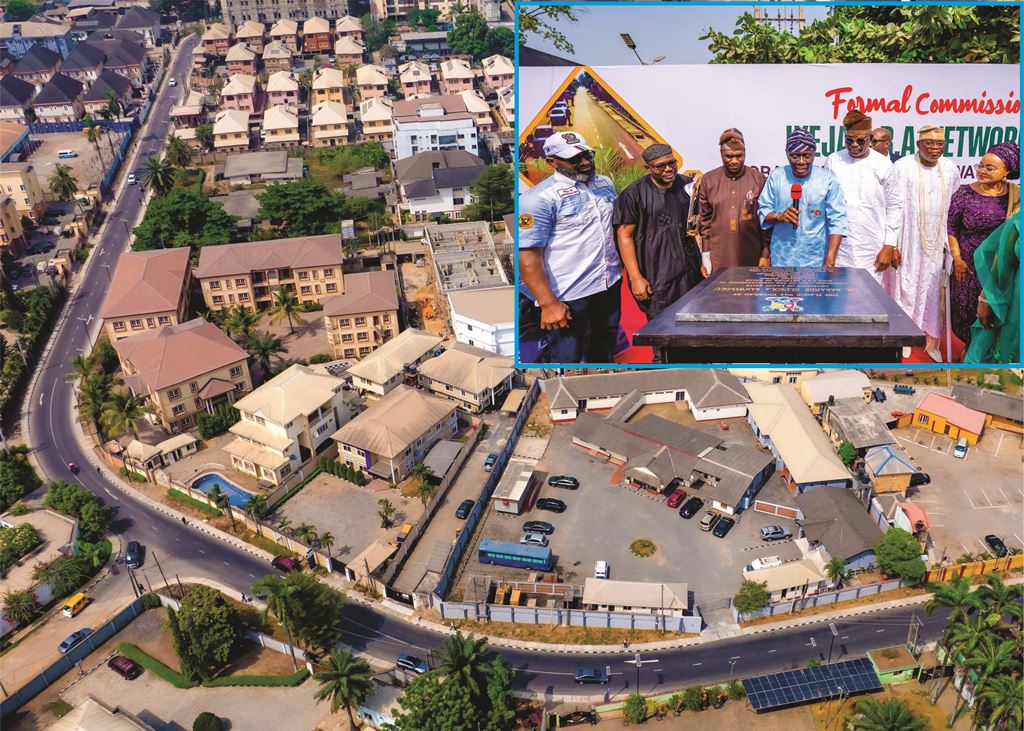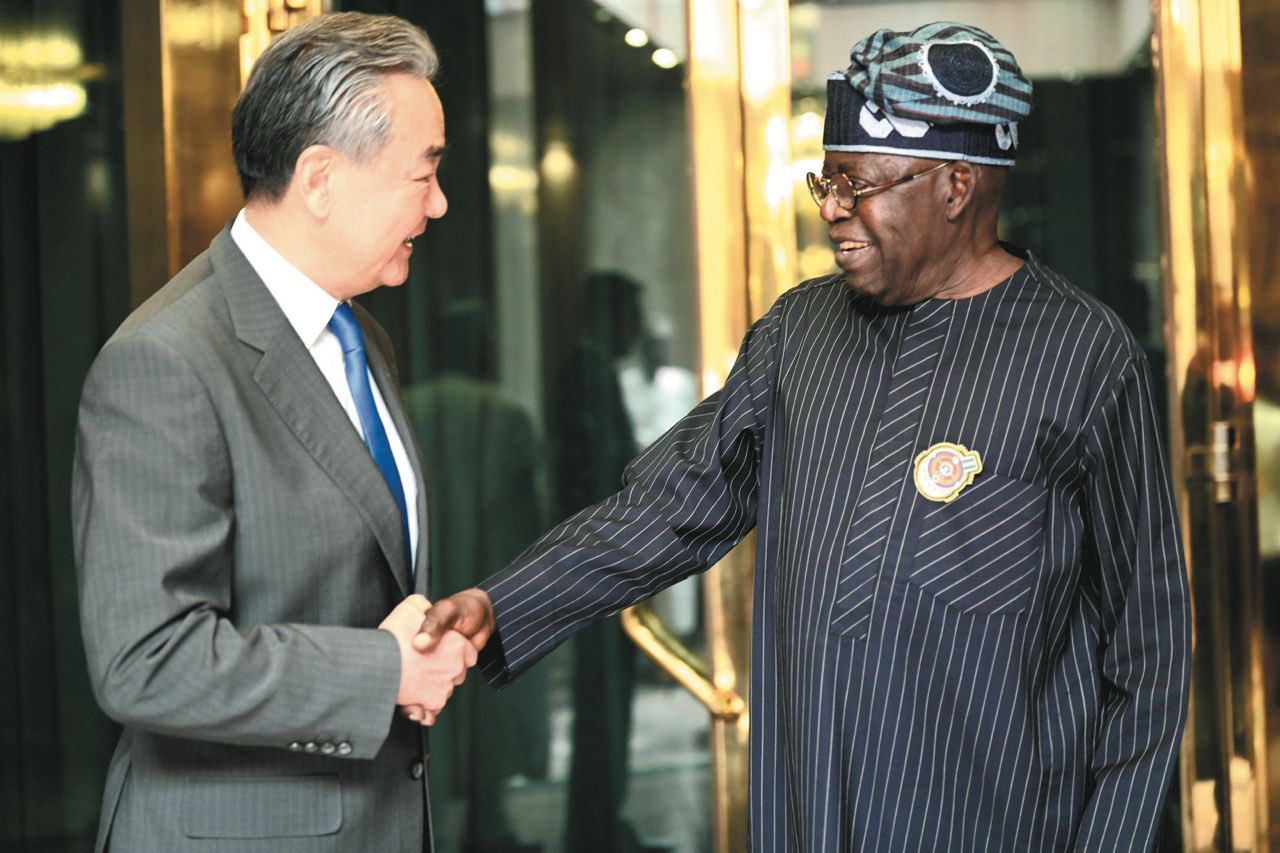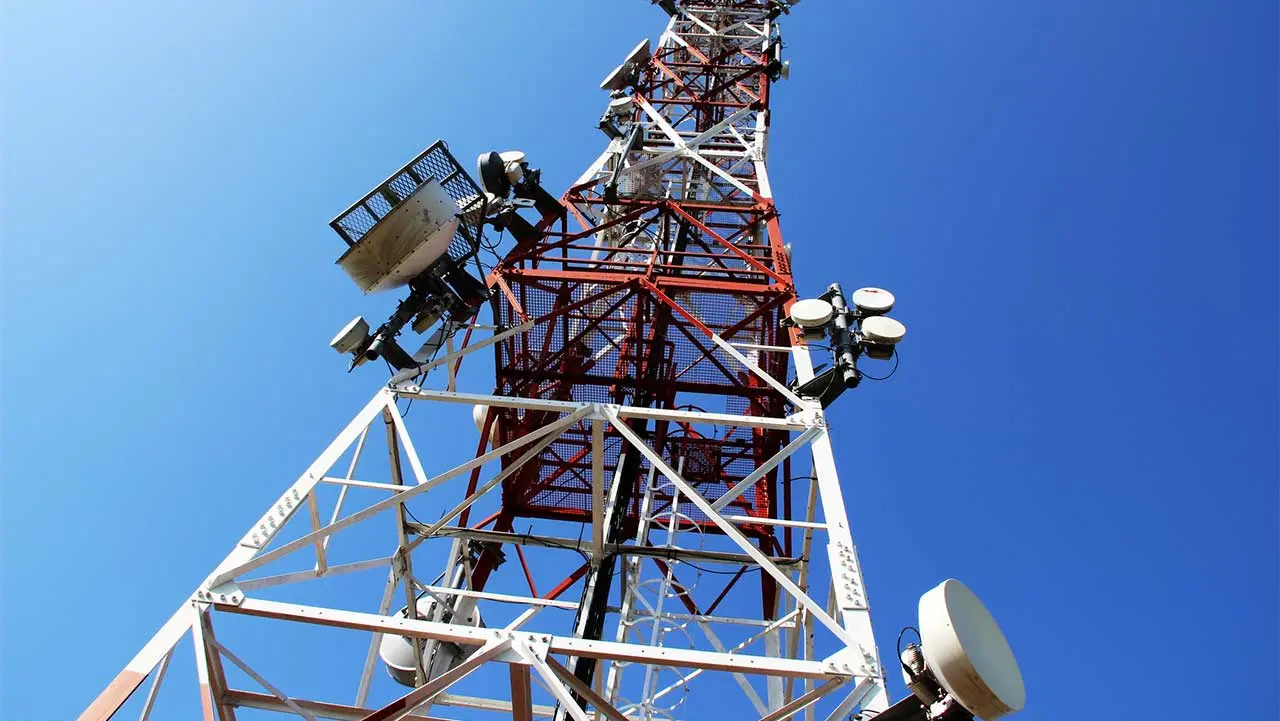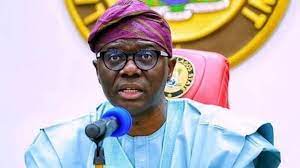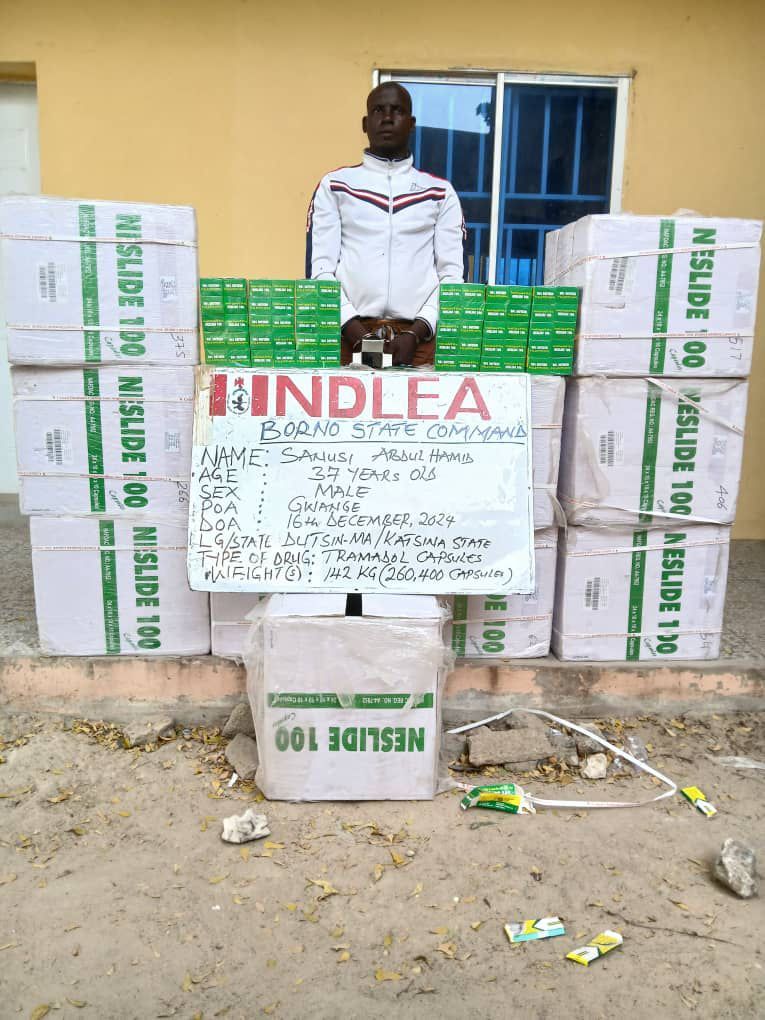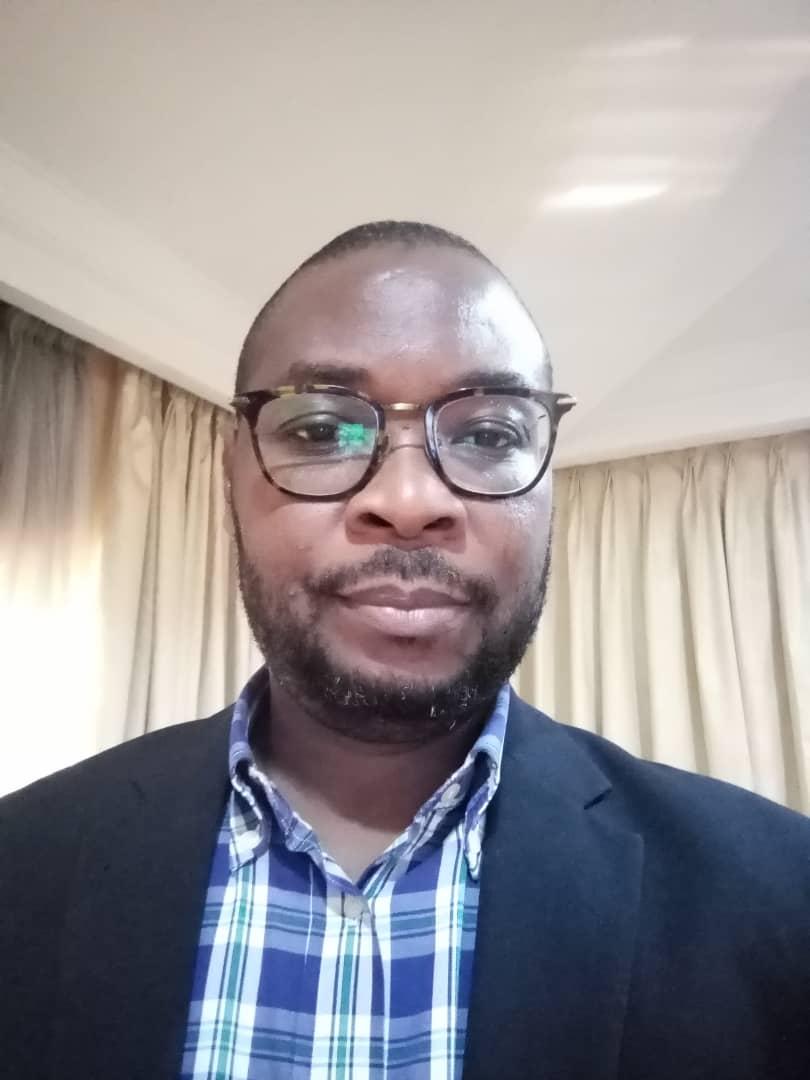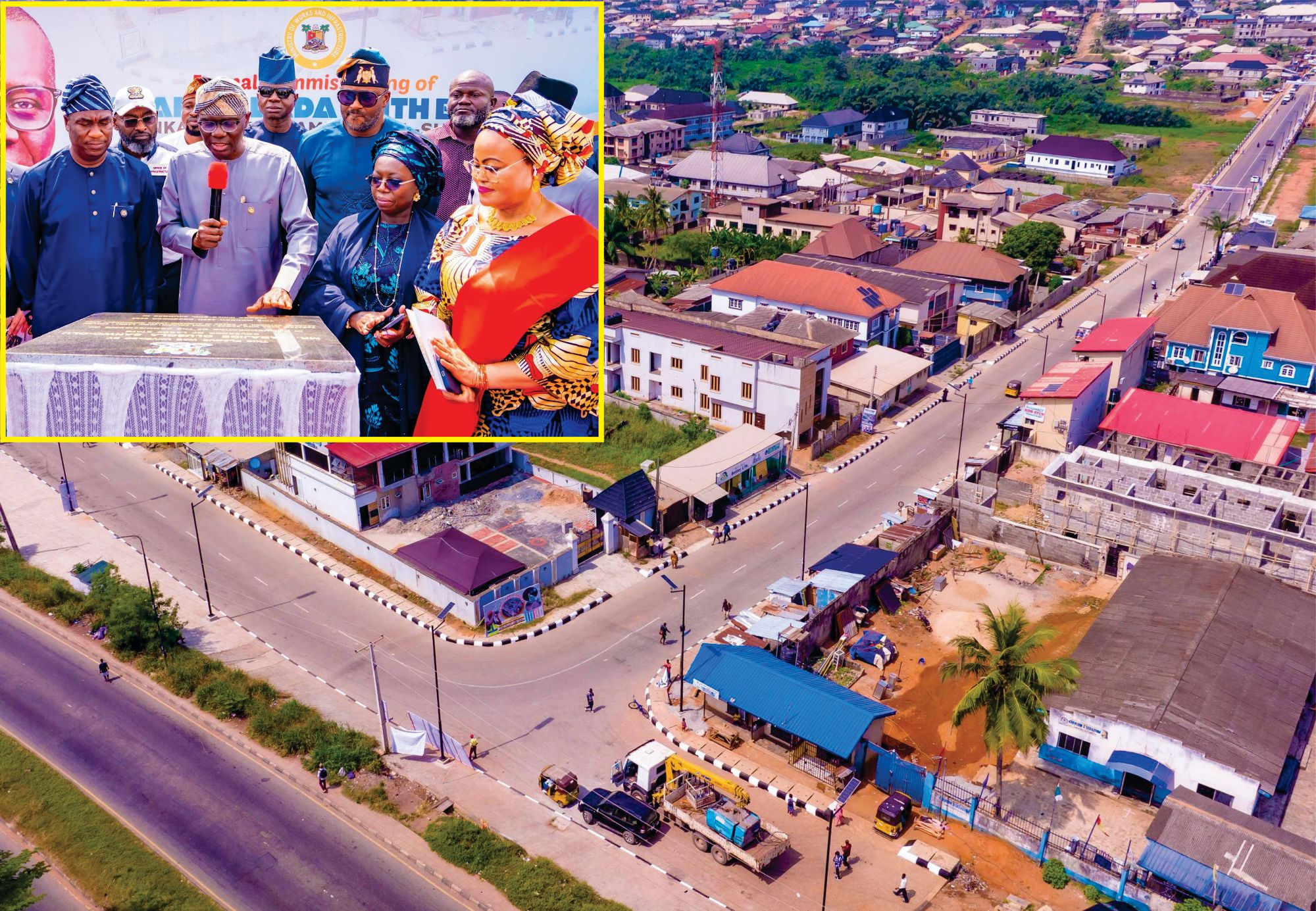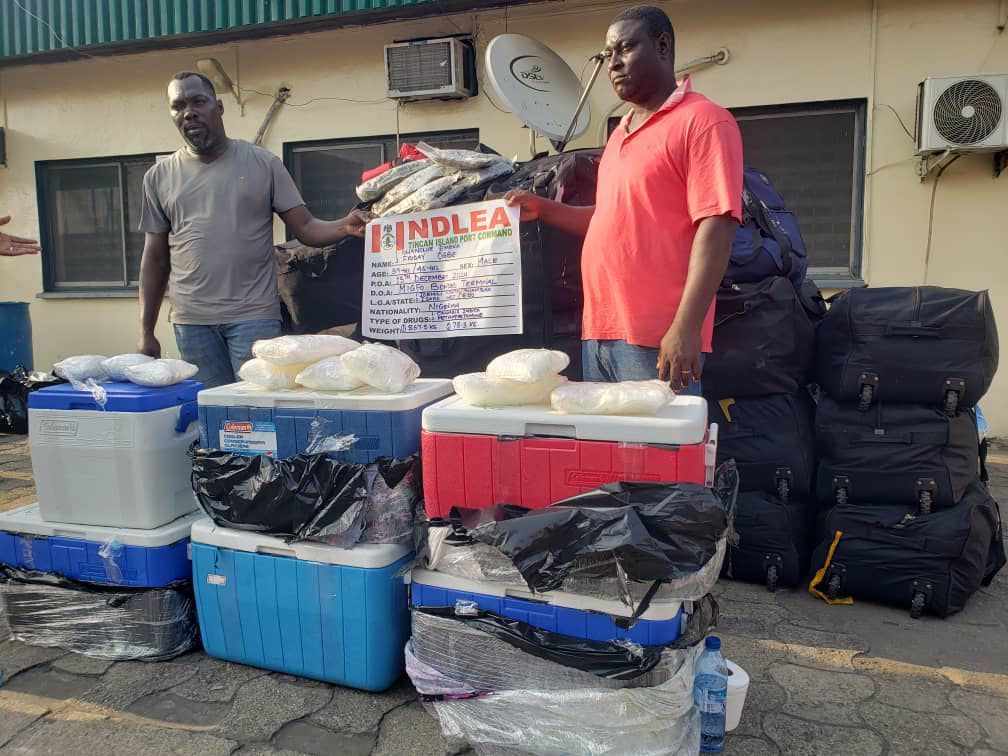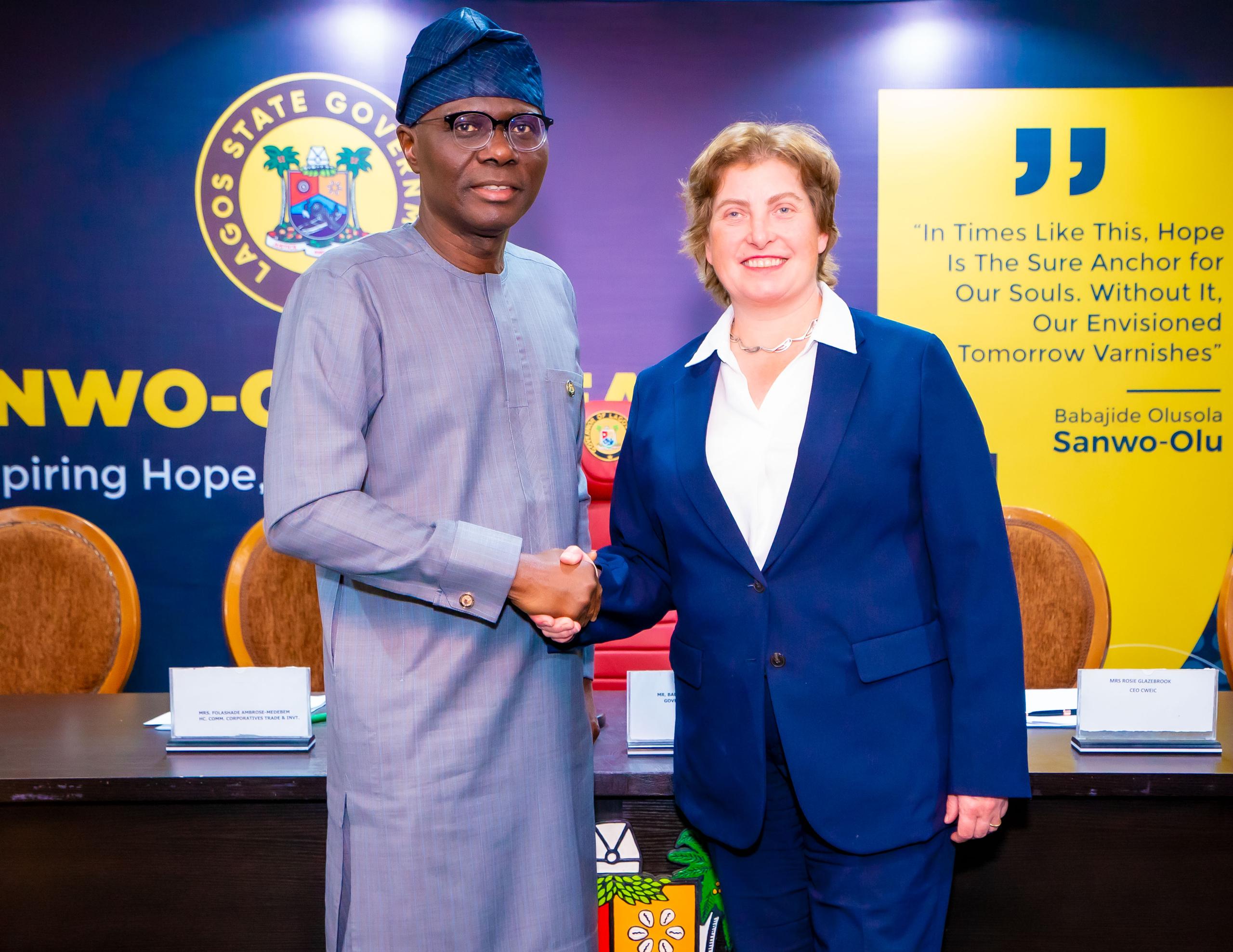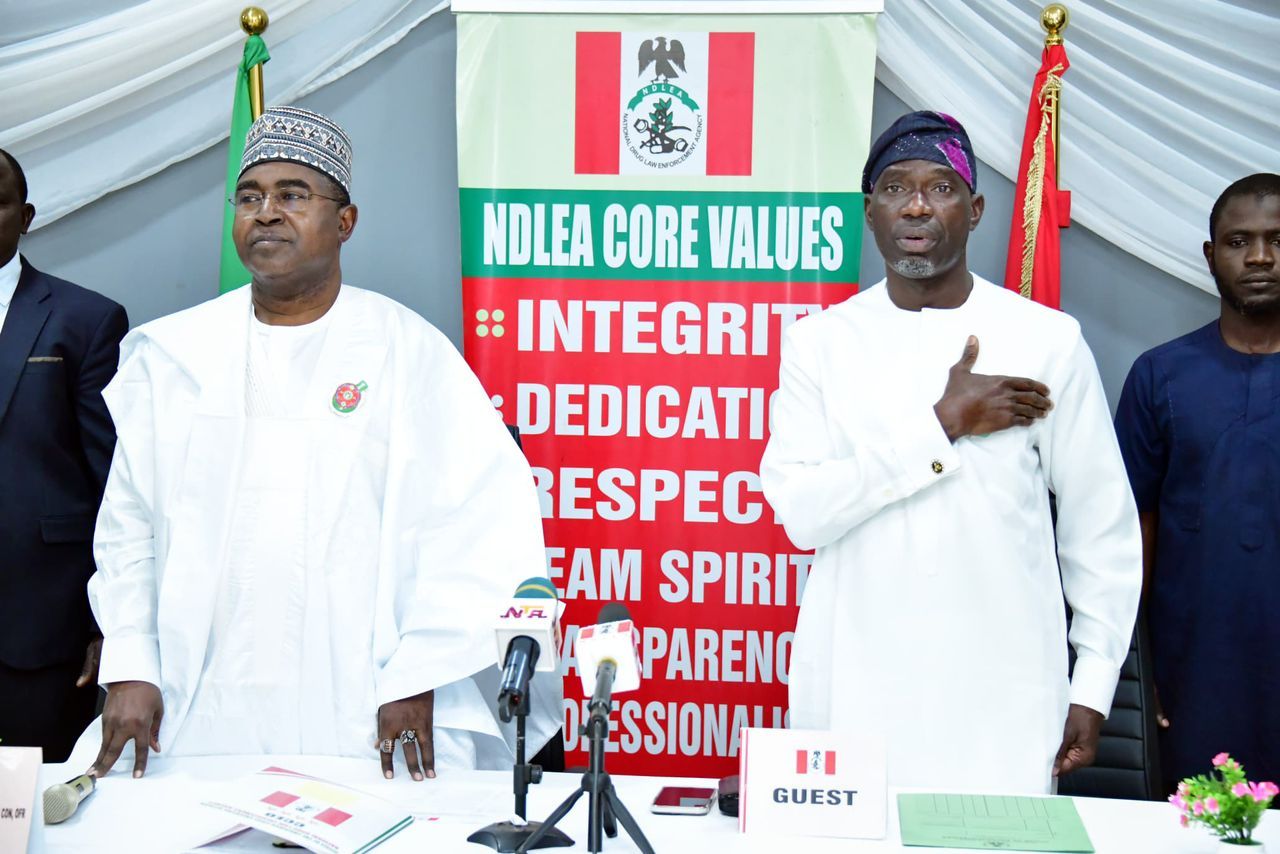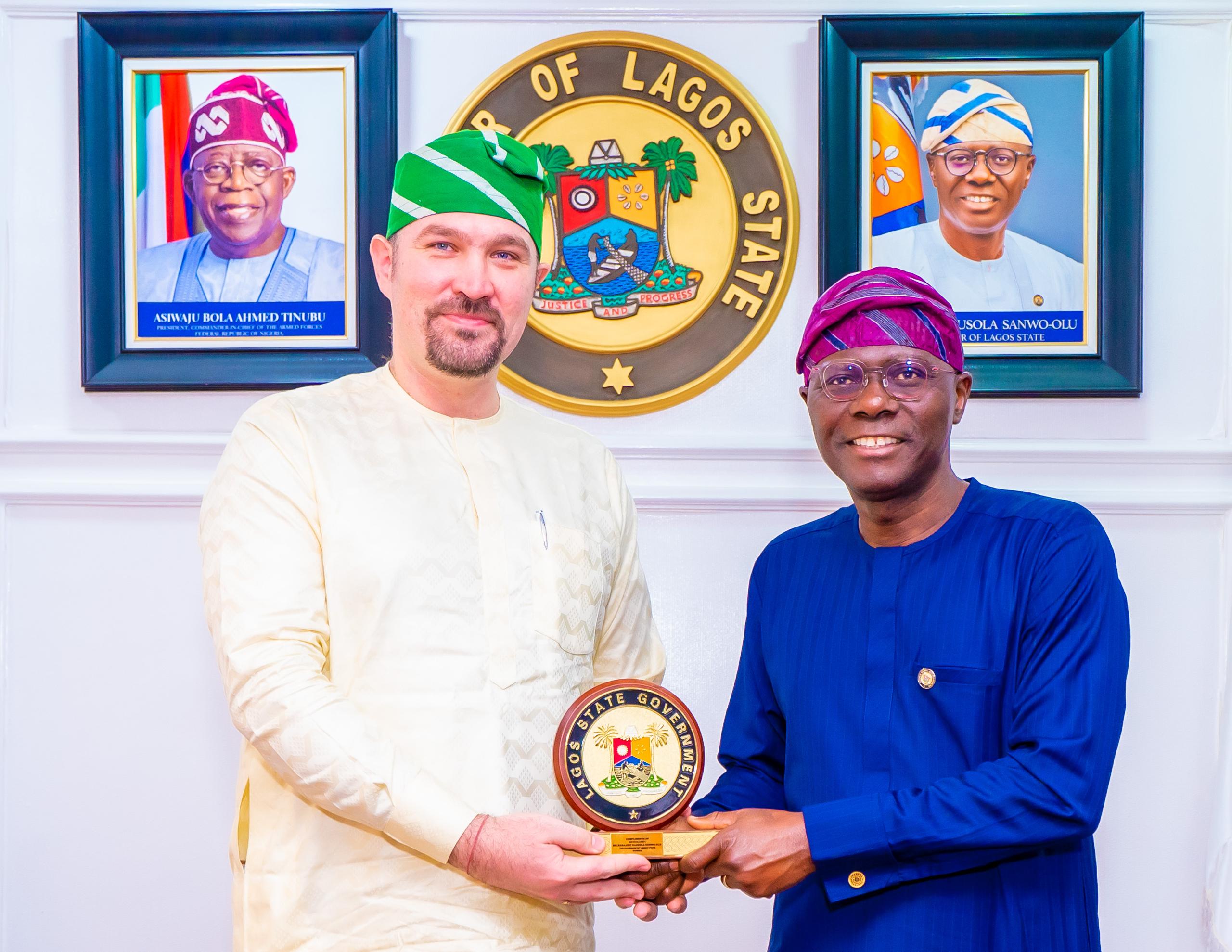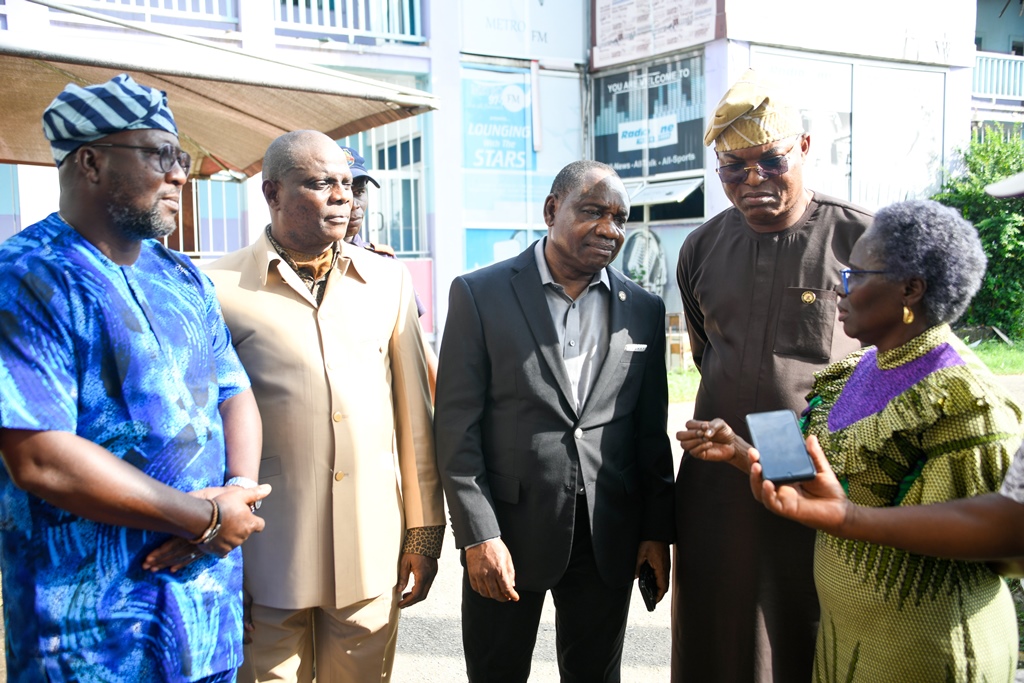Last week, I passed by the ever-busy Computer Village and saw shop after shop loaded floor to top with laptops. I thought to myself, what happens if there is an incident, say fire? Do they have insurance? I shuddered to think of the sheer loss.
Insurance, experts insist, has the potential to transform the economy. The bulk of Nigerians respectfully disagree. This is reflected in the number of people who do not have any form of insurance. To change the story, perhaps, it is time to reform the way insurance is managed in Nigeria.
Insurance is not new in Nigeria. Records show that the insurance business has existed in one form or the other in the country since 1958. What is amazing is that after such a long time, the sector is still struggling to overcome the twin problem of ignorance and acceptance. Of course, they are related.
This implies that if potential customers can appreciate the true value of the sector, it will automatically lead to more widespread acceptance. And this will naturally boost patronage, spur the growth of premium generation and precipitate more meaningful contributions to the nation’s gross domestic product (GDP).
Conversely, as acceptance grows, the estimation and value of the sector will rise and spread. Solving one issue will resolve the other and vice versa.
Ignorance does not mean people cannot define insurance. It is more a lack of understanding of the way it works or how it is supposed to work.
Insurance, according to Investopedia, is “a contract, represented by a policy, in which a policyholder receives financial protection or reimbursement against losses from an insurance company. The company pools clients’ risks to make payments more affordable for the insured.”
This means different people come together and put money annually into a pot owned by a firm (insurance company) and if in the year something happens, the owner of the pot will pay the aggrieved party an agreed amount.
Investopedia explains that there are different types of insurance policies. Life, health, homeowners, and auto are the most common forms of insurance. The core components that make up most insurance policies are the deductible, policy limit, and premium.
The truth must be said, the Nigeria insurance industry is humongous. Augusto and Co in its 2022 Insurance report reveal that the Gross Premium Income (GPI) stands at over N520 trillion. This places the country 62nd in the world today.
With a GDP of $443 billion as of 2020 and a population of 210 million, Nigeria is easily the largest economy in Africa. Yet, the insurance penetration rate is lower than one per cent. This is the problem point.
Take car insurance for instance. The Nigeria Insurance Association (NIA) January 2022 report indicates that only 3.4 million out of a total of 12 million registered vehicles are insured. Also, less than five per cent of Nigerians have health insurance of any sort. The figure is dire.
This is the real challenge; not enough people have insurance. The issues are long-standing and seemingly insurmountable. In my mind, it is at once a problem of policy and process; an issue of promotion and progress; and a matter of personnel and professionalism. And since they are only seemingly insurmountable, they can be overcome, resolved, and improved.
Firstly, we must agree that with the way it is currently constituted, many people just cannot afford to pay the premium. This should not surprise anyone. The World Bank asserts that almost 100 million Nigerians live below the poverty line. It is a sorry situation where several states have refused to pay people living wages. Reports indicate that the N30, 000.00 minimum wage is still being disputed with some states owing months of salary backlog. Let us not forget that inflation is officially above 20 per cent. It is not a pretty picture.
In essence, we are saying that the bulk of the population lives from hand to mouth. There is little room for anything else when the bare essentials are barely taken care of. The only sort of insurance that will appeal to them must be affordable and flexible with a clear highlight of the core benefits.
What would work is something that does not task the pocket or the mental capacity of the man on the street. People that find funds to load recharge cards, make sports betting and go on the occasional weekend treat, can find the money for premium if it makes sense to them.
When people talk of ignorance of insurance, it is beyond a lack of knowledge of its existence. It is really a question of trust. True mass acceptance is necessarily a function of ubiquitous access and trust. Once people can see why nothing can stop them from investing in future through insurance. This brings us right back to education, awareness, and access. Everything else can be built along the way.
The only way to be assured of a future is for the industry as a whole to undergo radical change. The current cosmetics makeup does not cut it. The industry needs a major makeover.
The regulators must look at policies that will fundamentally change the way the industry conducts its business, engages with its customers and in fact who can engage in the business. The call is for a truly functional micro-insurance scheme.
In the recent past, Nigeria has had mobile insurance offered by a Telco, but it failed. No! It was not because it was not viable, it was due more to resistance and regulatory issues.
Think of how impossible Mobile Money has looked in Nigeria and how it thrived spectacularly in other climes (read Kenya). The only real difference was policy formulation and regulatory framework. Mobile Money is only just now beginning to look feasible and viable. What changed? Simple, policy and regulatory requirements. But I digress.
Experts have argued, and rightly so that micro-insurance is not social welfare or social assistance, but a complementary insurance market solution. The micro-insurance business model can be viable, profitable, and sustainable for insurance companies. To achieve this, it must be accessible to the population at the bottom of the pyramid. This means that it needs to be available, affordable, and appropriate to the target market.
The International Association of Insurance Supervisors (IAIS) defines micro-insurance as “the protection of low-income people against specific perils in exchange for regular premium payments appropriate to the likelihood and cost of the risk involved.”
According to the IAIS, the term refers to servicing a specific income segment in emerging market jurisdictions where the insurance markets are not well developed. Nigeria fits this bill to a T.
To be fair, experts insist that micro-insurance works in much the same way as conventional insurance except that it is targeted at low-income households, specifically the working poor who have few or no financial reserves and incomes that fluctuate considerably.
The National Insurance Commission (NAICOM), the regulator of the insurance sector, has explained that it is actively pursuing the execution of various regulatory and market development initiatives intended to uplift the insurance sector to a global standard. Industry watchers insist that the Commission is doing well. I believe that the Commission must now take another look at the micro-insurance market. It is currently barely scratching the surface. To get going and truly thrive, it needs favourable policies, legal and regulatory adaptations and sector-wide institutional capacity building.
Firms that will provide the service must understand what it involves. The license fees should be affordable for operators. Naturally, there would be close monitoring of the operations to prevent abuse and ensure that they stay on the straight path.
While typically, microinsurance can be delivered through a variety of institutional channels, including licensed insurers, healthcare providers, community-based organizations, and non-governmental organizations, in Nigeria, the ubiquitous reach of telecom services, grassroots knowhow of Microfinance banks and depth of academic institutions, make them good candidates to drive such a scheme. Today, India, China, Brazil, and South Africa are the top markets for microinsurance. Nigeria can quickly join this number.
Granted, it is not going to happen overnight, but we must start. It is not just about putting on new makeup, it must be a complete re-engineering. This covers ease of access, suitability for the market, and prompt payout.
Nigeria’s N500 Trillion Insurance Industry can be salvaged. Attention should be paid to the small things.
Elvis Eromosele, a Corporate Communication professional and public affairs analyst lives in Lagos.




